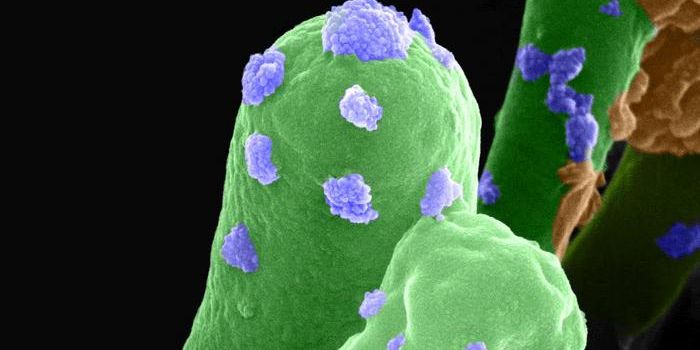Some Antacids Appear to Increase the Risk of Gastroenteritis
Proton pump inhibitors (PPIs) are drugs for heartburn relief; they can reduce stomach acid levels. Proton pump inhibitor drugs include Aciphex, Nexium, Prevacid, Prilosec, and Protonix. New research has indicated that people continuously taking PPIs are slightly more likely to be sickened by viral infections in the intestines. The risk is greater for people over the age of 45.
The study, reported in the Journal of the American Medical Association, assessed 233,596 patients in France that were taking PPIs. In 3,131 of those individuals, at least one incidence of acute gastroenteritis had occurred. In this group, that amounted to 1.3 percent of people. That was compared with 626,887 individuals who were not taking PPIs continuously; in that group, it was found that 4,327 of them had gotten sick with acute gastroenteritis, or 0.7 percent of people.
The difference was especially pronounced in older individuals. For those 45 years and older, the risk of getting acute gastroenteritis while taking PPIs continuously was doubled.
Other studies have shown that PPIs can affect the community of microbes that lives in our gastrointestinal tract. These microbes can have a significant impact on various aspects of our health and well-being, and many different drugs have been shown to influence or get metabolized by these microbes. Further research will be needed to understand the relationship between PPIs and the gut microbiome.
One drawback of the report that the scientists acknowledged is that there was little information available about other factors that may be influencing the link between viral gut infections and PPIs. For example, the researchers did not know the body mass index or dietary habits of the patients, how much alcohol or cigarettes they were consuming, or the exact amount of PPIs the individuals were taking. However, it does agree with other research on the subject.
In their study, the scientists wrote that "the results reported in this study support the hypothesis that continuous PPI use is associated with an increased risk of infections with enteric viruses and motivate the need for further studies to confirm this association and investigate the pathophysiological mechanisms."









